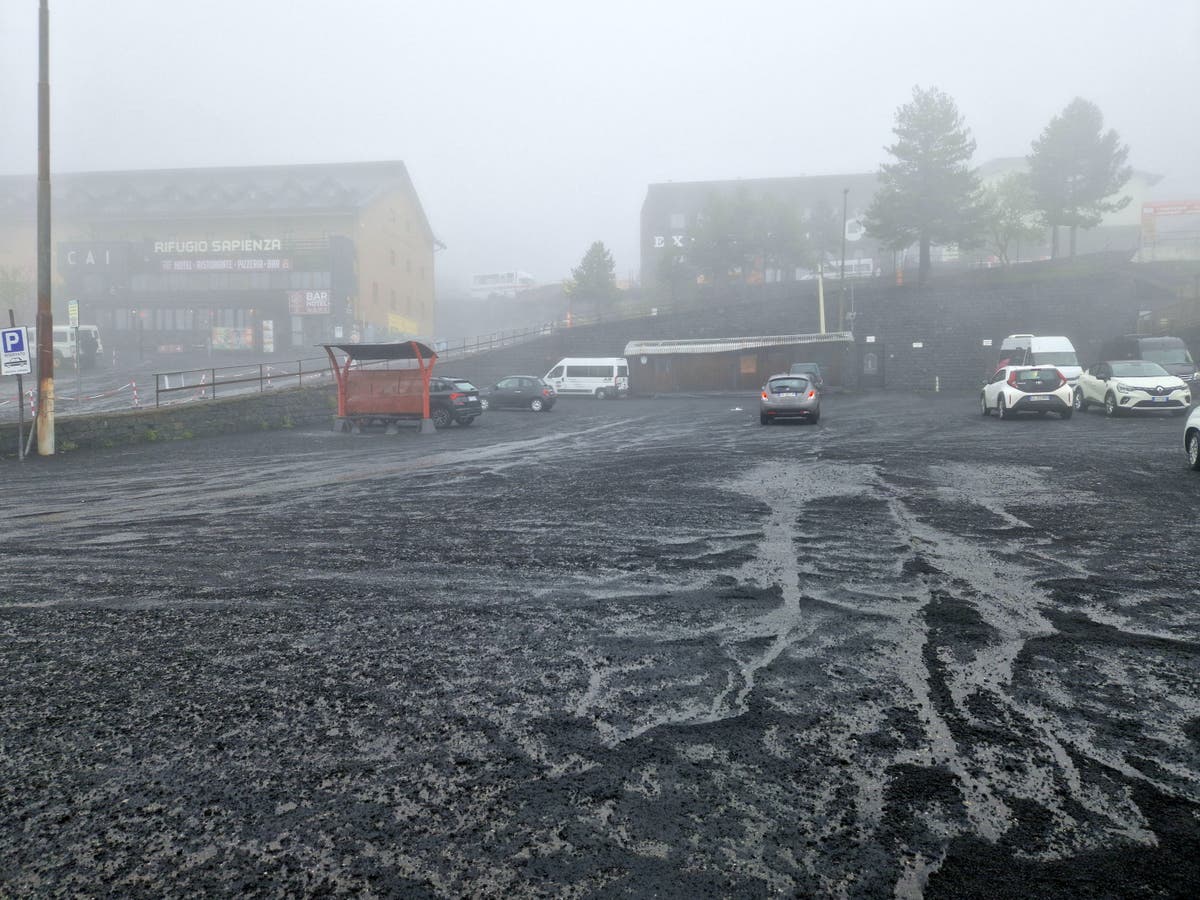This website uses cookies so that we can provide you with the best user experience possible. Cookie information is stored in your browser and performs functions such as recognising you when you return to our website and helping our team to understand which sections of the website you find most interesting and useful.

Travellers whose flights are cancelled due to volcanic eruptions may be refused refunds or compensation by their airlines.
Mount Etna, Europe’s highest and most active volcano, erupted yesterday and covered the city of Catania in ash. While no injuries have been reported, the eruption launched a dark plume of ash into the sky, causing flights at Catania airport to be suspended. Today, many flights are still being delayed or diverted to nearby Comiso.
Airlines affected include easyJet and Ryanair.
And on Saturday, Mexico City’s two main airports – Benito Juarez International and Felipe Angeles – briefly closed due to the presence of ash that had come from Pococatepetl, an active volcano roughly 45 miles (72km) from the Mexican capital. Again, there were no injuries reported but schools in 11 different villages were forced to close.
But what are your rights if volcanic activity disrupts your travel plans?
A spokesperson for the UK’s Civil Aviation Authority (CAA) told The Independent: “Flight disruptions caused by ash from Mount Etna are outside of the control of airlines so it is unlikely that passengers would be entitled to compensation for any delays and cancellations arising from these.”
Despite widespread monitoring of volcanic activity – Etna is closely monitored by the National Institute of Geophysics and Volcanology, for example – any delays caused by volcanic activity are considered exceptional circumstances.
“However, airlines have an obligation to look after their passengers if their flights are delayed or cancelled,” the spokesperson added.
“In the case of cancellations, airlines are obliged to offer passengers the choice of a refund, re-routing at the earliest opportunity or re-routing at a later date. However, given the circumstances, passengers may be unable to get to their destinations as quickly as we or airlines would like.
“We expect airlines to do what they can to minimise the overall disruption to passengers, and this includes proactively providing passengers with updates and information about their rights.”
You’ll likely be unable to claim any compensation if this is the case, although airlines do still have a “duty of care” to passengers and need to provide care and assistance in the event that they are unable to fly due to such events. This obligation can take the form of accommodation, food and travel costs; in 2013, Ryanair was ordered to pay compensation after a woman took the airline to court for €1,129 that she spent on meals, accommodation and transport after delays due to the Eyjafjallajökull eruption.
Under UK law, airlines must provide you with care and assistance if your flight is significantly delayed. According to the Civil Aviation Authority, these delays are divided into three categories based on distance and length of delay.
For example, if you’re on a long-haul flight over 3,500km, airlines will need to provide compensation if there is a delay of four hours or more. Necessary compensation includes:
- A reasonable amount of food and drink (often provided in the form of vouchers)
- A means for you to communicate (often by refunding the cost of your calls)
- Accommodation, if you are re-routed the next day (usually in a nearby hotel)
- Transport to and from the accommodation (or your home, if you are able to return there)
In addition, the CAA states that “the airline must provide you with these items until it is able to fly you to your destination, no matter how long the delay lasts or what has caused it.” If the airline cannot provide these things immediately, it is within reason to purchase them yourself and claim the cost back later (just make sure what you spend is reasonable).
In 2010, the eruption of Eyjafjallajökull affected 10 million passengers, with airspace over some countries being closed or restricted for up to a week. While certain geographical factors meant that this eruption – and its ash – was more disruptive than recent eruptions, it always helps to know your rights in freak events.
EasyJet told The Independent that the closure of the runway at Catania yesterday led to four flights between the UK and Italy being unable to operate, with one flight rescheduled to today.
A spokesperson said: “We did all possible to minimise the impact of the airport closure including providing customers with a free of charge transfer to another flight or a refund, as well as hotel accommodation and meals for those who required them.
“The safety and wellbeing of our customers is our highest priority and while this was outside of our control we would like to apologise for any inconvenience caused.”
In a statement, Ryanair said: “Due to the eruption of Mount Etna, we were forced to cancel a small number of flights to/from Catania yesterday and today. Affected passengers have been notified and advised of their options, and we advise all passengers travelling to/from Catania today to monitor the Ryanair app for further flight updates.”



 Africana55 Radio
Africana55 Radio 
